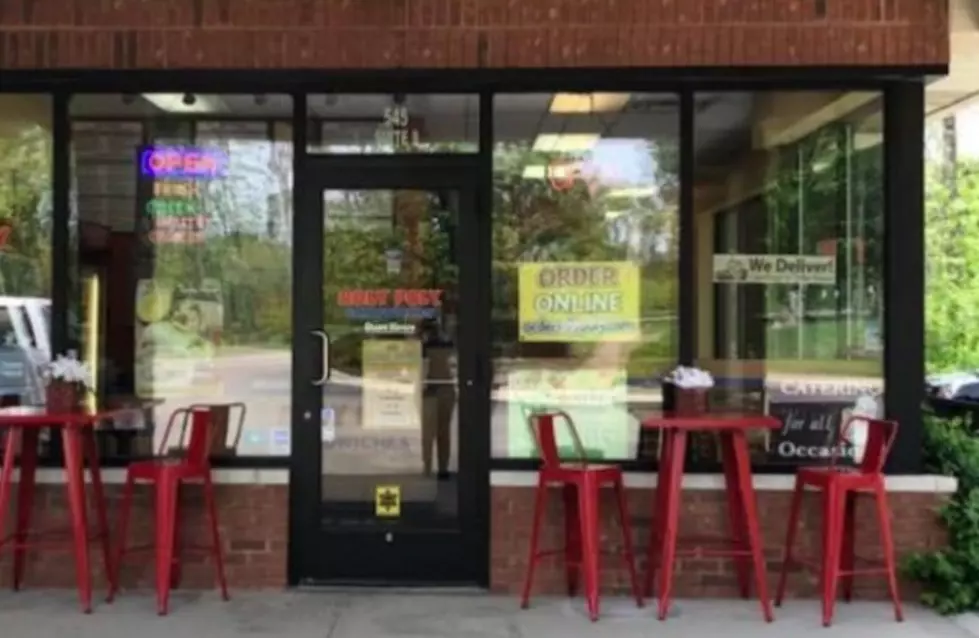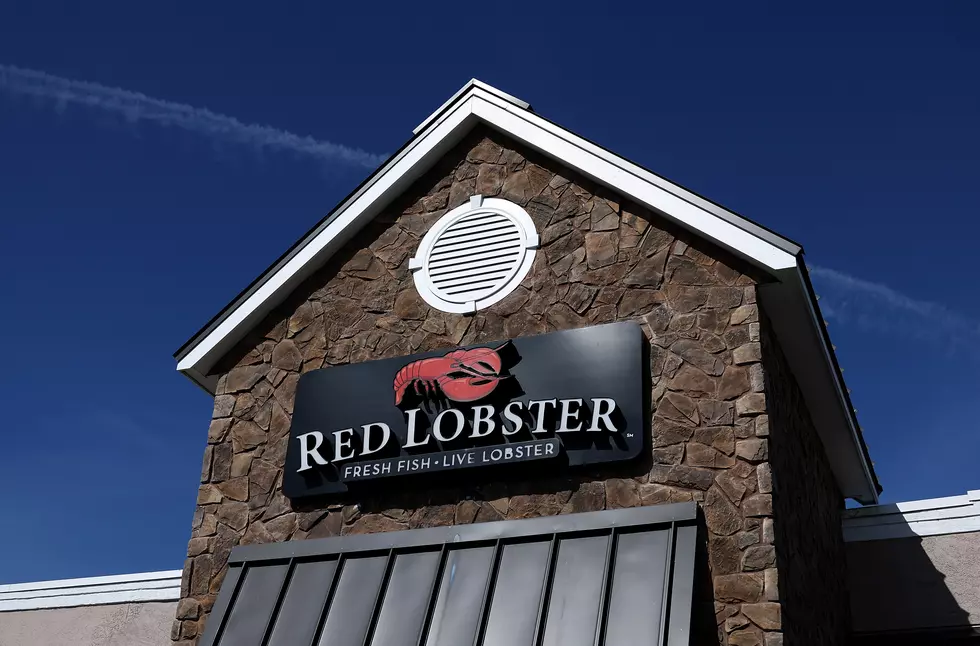
Revitalize Michigan’s Middle Class By Legalizing Marijuana
Anyone who has caught even a few minutes of a presidential debate in the past two months understands that the focus of the upcoming election is fixing the economy by helping the middle class. Unfortunately, while clever tax proposals are being spewed by every politician given 60 seconds on a stage to sell the American people on why his or her plan is the best, more jobs are being eliminated here in the United States and farmed out to foreign lands. That is the reality.
From a recent column in Cannabis Now:
“It’s absolutely crucial for the stability of the American economy to have a thriving middle class, one which isn’t only strong, but continues to grow. Consumer spending is the lifeblood of the tried-and-true capitalistic concept; it’s responsible for 70 percent of the national nut. Therefore, if the middle class is not earning enough cheddar, bread or scratch to purchase items such as new cars, appliances and televisions, the fiscal climate across the entire nation gets locked into a vicious cycle that hinders prosperity for all.”
Michigan has a chance at revitalizing the middle class next year without the assistance of a presidential figure – through the legalization of marijuana. As you probably know by now, MILegalize is working to get an initiative on the ballot in 2016 that would establish a taxed and regulated cannabis industry similar to what is happening in Colorado.
Thousands of new jobs with respectable wages (Average $12-15 per hour) have been created in Colorado since the state launched its legal market in 2014. Working in the weed industry has sort of become the next industrial movement, but instead of building automobiles, which allowed the middle class to thrive decades ago, people are now growing legal marijuana. After all, it’s the one business that gives jobs back to the American worker.
“Not unlike the alcoholic beverage industry, the unionization of cannabis workers, which seems likely to happen on the national scale, would create bargaining leverage for the middle class by making sure companies provide fair wages and benefits. Some economists believe the decline of labor unions caused blue-collar wages to plateau in the 1970s, so by embracing worker solidarity within the pot trade, it seems possible this would assist in re-instilling the principles of the blue-collar worker and set these people up in the type of long-term employment that the middle class once relied on decades ago.”
More From Banana 101.5









